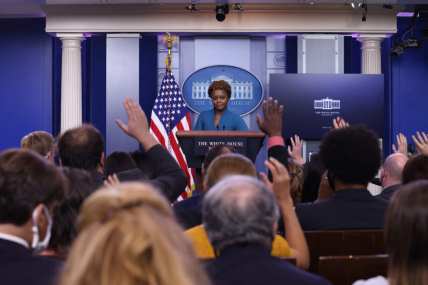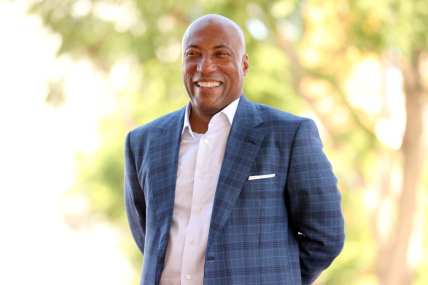‘Faces of Change’ – A Black female ornithologist says birds hold the key to more inclusive world
'Biodiversity in the natural world is a really good model for why diversity of people is very important,' says Corina Newsome
Ornithologist Corina Newsome wants to give Black Americans a new outlook on birds and environmentalism —and for good reason.
“My approach is to plug people who are part of these marginalized communities economically, socially, into the natural world because it’s going to be better for them,” Newsome recently told The Weather Channel in one of its latest Faces of Change series segments.
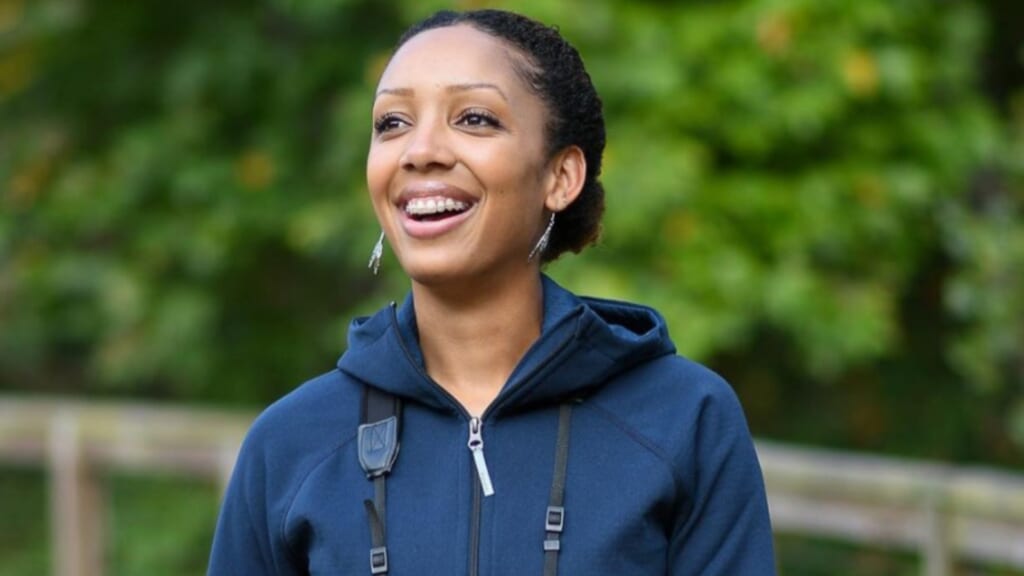
“It’s going to be better for us,” she added. “And I know that from experience.”
Newsome is the community engagement editor of Georgia Audubon, an Atlanta-based non-profit that promotes conservation efforts and supports bird-watching communities in the Peach State.
She’s also the 27-year-old Black woman from Philadelphia who co-organized Black Birders Week in 2020 to promote and showcase bird watching in the Black community after seeing an obvious need.
“Biodiversity in the natural world is a really good model for why diversity of people is very important when it comes to conservation, education, community engagement,” Newsome said.
Newsome was a graduate student studying seaside sparrows at Georgia Southern University in May of 2020 when a video about another Black bird watcher went viral on social media and became a national news story.
New York City bird watcher Christian Cooper was checking out birds in Central Park on May 25, 2020 when he spotted a white woman named Amy Cooper, no relation, walking her dog without a leash in an area of the park where leashes are legally required.
Christian later told reporters he asked the woman to leash her dog so it wouldn’t scare the birds, but she refused, so he pulled out some treats to attract the canine.
That’s when he said Amy panicked, pulled out her phone and called 911 in a moment Christian captured in a now-infamous cell phone video.
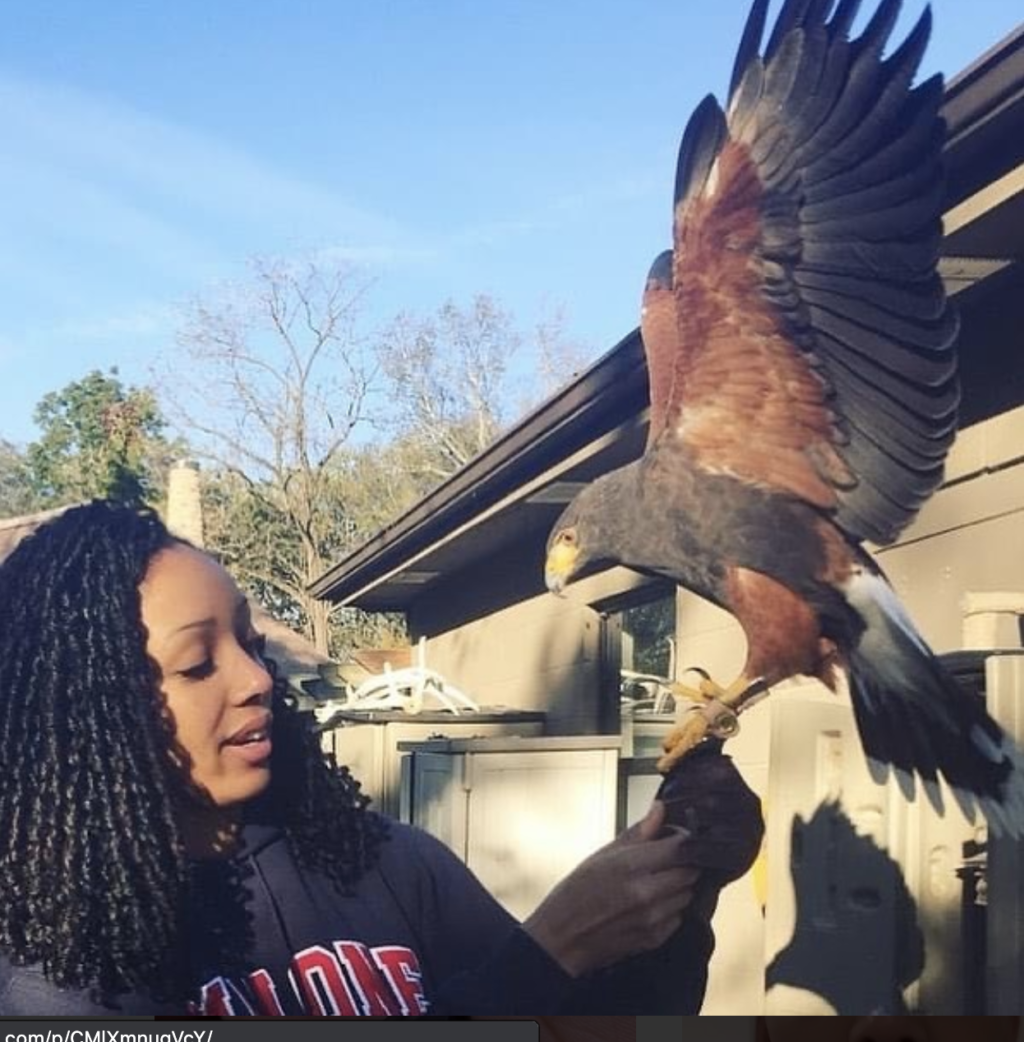
“I’m going to tell them there’s an African American man threatening my life,” Amy told Christian during the video before contacting emergency responders on her own cell phone.
Many who watched the video online said it appeared she knew police might brutalize or even kill Christian and was weaponizing her identity as a white woman to seek retribution.
Amy ultimately was fired from her job and later sued her former employer, accusing the company of unfairly branding her as a racist.
After watching the incident, Newsome posted a viral video of her own on Twitter before co-organizing the first Black Bird Week campaign to show the world bird watchers come in all shapes, sizes, and colors.
The inaugural Black Bird Week was founded by fellow bird watchers Sheridan Alford, Danielle Belleny, Chelsea Connor, Joseph Saunders, and Tykee James, according to Newsome.
“For far too long, Black people in the United States have been shown that outdoor exploration activities are not for us,” Newsome said during the video. “Whether it be the way the media chooses to present who is the ‘outdoorsy’ type, or the racism Black people experience when we do explore the outdoors, as we saw recently in Central Park. Well, we’ve decided to change that narrative.”
Earlier this year, Newsome met Christian Cooper, who she called one of her “real-life heroes” during an Alabama Audubon Black-Belt Birding Festival event at the Joe Farm in Newbern, Ala.
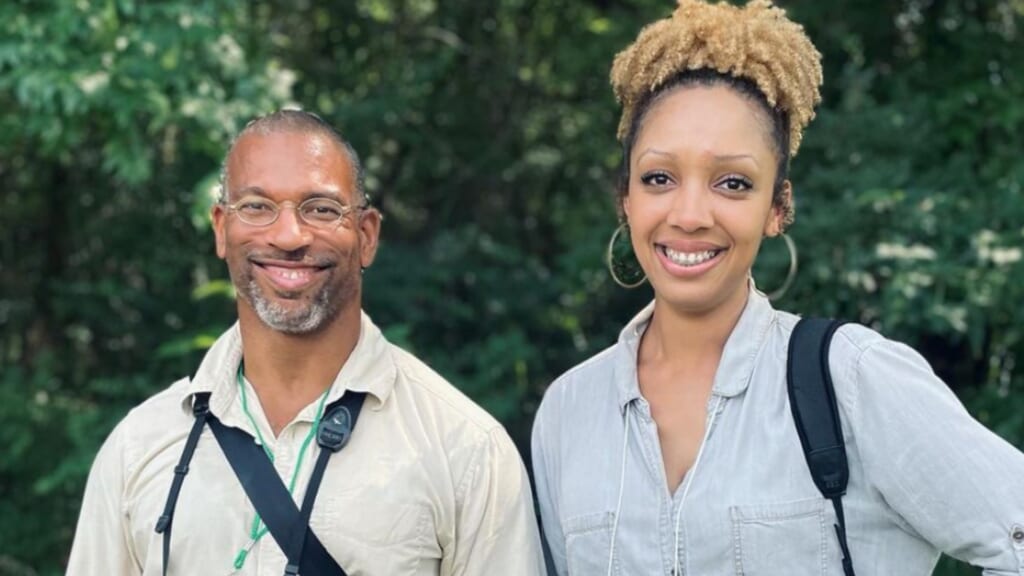
“I am over the moon,” she said on Instagram. “Seeing the Joe family’s beautiful legacy of Black land stewardship changed me. I am so, very grateful for their beautiful, powerful example.”
Newsome told The Weather Channel that uniformity among people – and birds – can be an evolutionary weakness.
“If everyone was exactly the same genetically, right? That population is going to be much more vulnerable to disease,” she said.
“If one individual is susceptible to disease they’re all susceptible because they’re the same. However if you have a diversity of individuals, when it comes to genetics, it’s likely that somebody’s genes will have an immunity or will have the answer to whatever stressor is facing the community.”
Have you subscribed to theGrio’s podcast “Dear Culture”? Download our newest episodes now!
TheGrio is now on Apple TV, Amazon Fire, and Roku. Download theGrio today!
